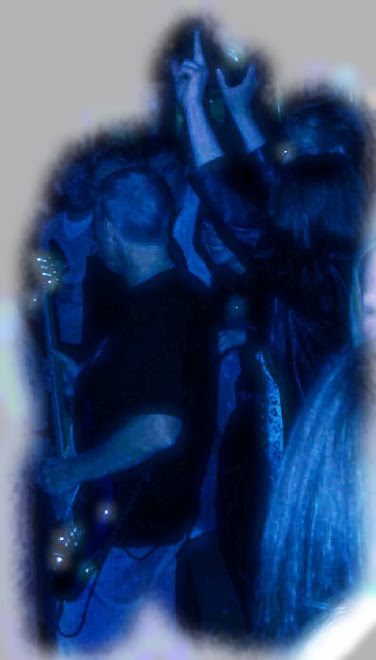
A guitarist, new to playing in a band, emailed me to tell me he'd contacted his local live venue hoping to book a gig for his Indie band. He was a bit put out about the fact that the venue manager told him they were "fully booked with bands until the end of the year".
The guitarist wanted to know from me whether this was typical, for a venue to be booked for the year as early as May. The answer is, it depends. Some venues are that organized that they think months ahead. Many are not.
What could he do though when he gets told there are not available slots for his band?
1. Keep in touch with this venue which initially "rejected" him
Managers and venue policies change. Bands get sick or split up and booked gigs get cancelled. Make sure yours is the substitute name the venue thinks of when this happens. A regular newsletter will do this for you
2. Stop obsessing about this one venue.
He/his band, need to develop a comprehensive list of venues to target and keep in touch with. The longer the list (and better the technique of pitching your act of course), the more gigs you get. Many bands and solo artists just try a couple of local venues and when these don't immediately work out for them they become another statistic. A "failed" act who didn't know how to market themselves into plentiful live gigs. Persistence is key.













